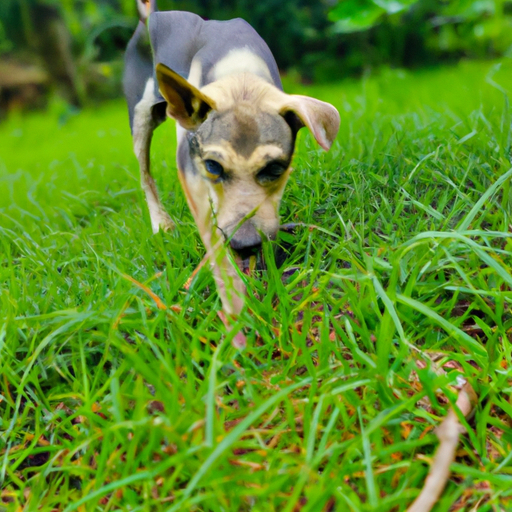As a caregiver, you want to provide the best for those in your care, including your furry friend. When it comes to selecting the right type of grass for your dog, the choice might not be as straightforward as you’d think. Let’s delve deeper into the topic to help you make the right decision.
1. Understanding Your Dog’s Needs
First and foremost, remember that every dog is unique. The best grass for your pooch depends on their size, breed, and activity level. For instance, active dogs require resilient grass that can withstand heavy traffic, while smaller breeds might be comfortable with softer varieties.
2. The Top Grass Types for Dogs
Here are some of the best grass types for dogs:
- Kentucky Bluegrass: This is a hardy and self-repairing grass that can withstand heavy foot traffic. Its dense root system makes it sturdy and resistant to damage.
- Perennial Ryegrass: It’s known for its quick growth and durability. It’s also resistant to diseases.
- Fescue: This grass type is tolerant to heat, drought, and shade, making it ideal for dogs in warmer climates.
3. Other Factors to Consider
When choosing the best grass for your dog, consider the following factors:
- Climate: Some grass types thrive in particular climates. For example, Bermuda grass is ideal for warm climates, while Kentucky Bluegrass is suited to cooler regions.
- Maintenance: How much time and effort are you willing to put into lawn care? Some grass types require more maintenance than others.
- Health risks: Certain grass types can pose health risks to dogs. For instance, some grasses have sharp seed heads that can get stuck in your dog’s fur or skin.
4. The Impact of Dogs on Lawns
Regardless of which grass you choose, dogs will inevitably affect the lawn’s health. Dogs’ urine, for example, can cause ‘burn’ spots on the grass due to its high nitrogen content. However, proper lawn care practices like regular watering and aeration can help mitigate these effects.
5. Alternatives to Natural Grass
If maintaining a natural grass lawn proves too demanding, you might consider alternatives like artificial grass or dog-friendly ground covers like clover.
| Type | Pros | Cons |
|---|---|---|
| Artificial Grass | Low maintenance; Durable | Expensive upfront cost |
| Clover | Nitrogen-fixing; Low maintenance | Can attract bees |
Frequently Asked Questions
Q: Can I train my dog to avoid certain parts of the lawn?
A: Yes, with patience and consistency, you can train your dog to use specific areas for their bathroom needs.
Q: Can changing my dog’s diet help reduce lawn burn?
A: Some dietary changes can help reduce the nitrogen content in your dog’s urine, thus reducing lawn burn. However, always consult your vet before making significant changes to your pet’s diet.
Q: Are there any dog-friendly lawn care products?
A: Yes, there are many pet-friendly lawn care products on the market, including fertilizers and pest control products. Always check the label to ensure they’re safe for pets.
Remember, the best grass for your dog is one that meets both your needs and theirs. It should offer durability for their playtime and comfort for their relaxation, all while being manageable and safe for you as a caregiver.



